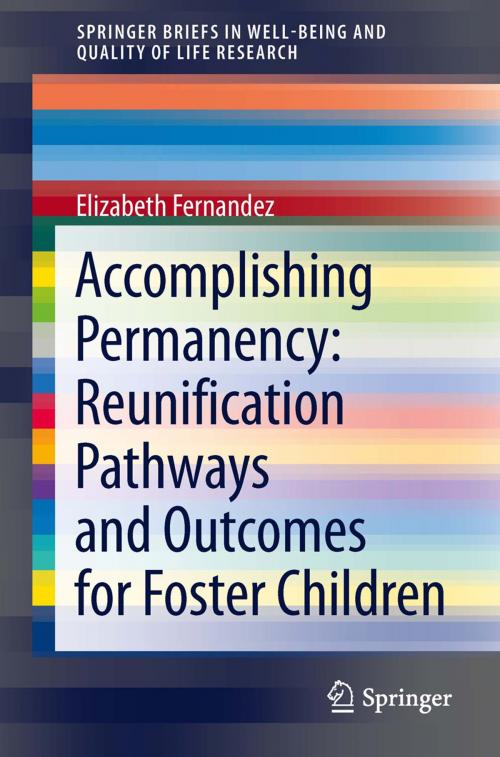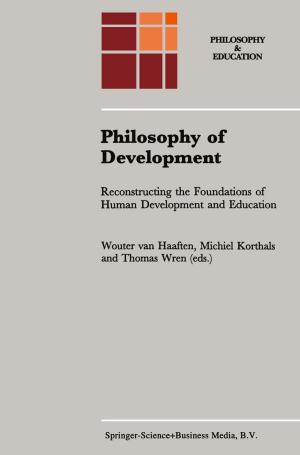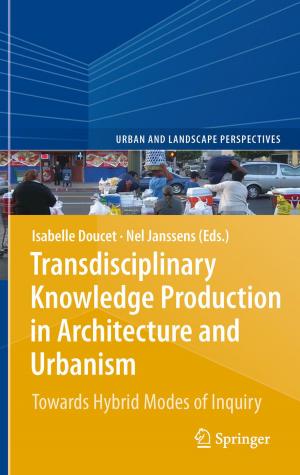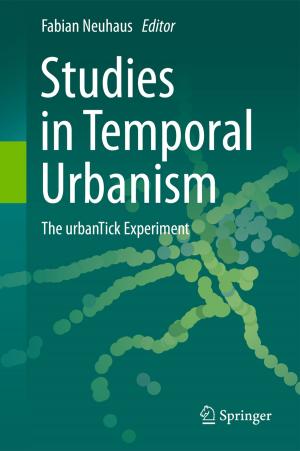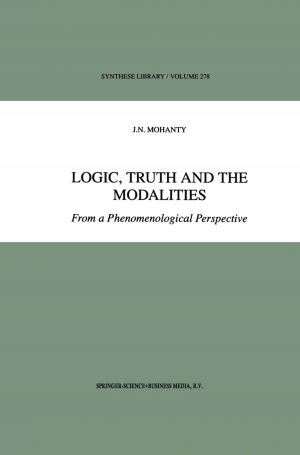Accomplishing Permanency: Reunification Pathways and Outcomes for Foster Children
Nonfiction, Health & Well Being, Psychology, Child & Adolescent, Child Development, Social & Cultural Studies, Social Science, Sociology| Author: | Elizabeth Fernandez | ISBN: | 9789400750920 |
| Publisher: | Springer Netherlands | Publication: | September 13, 2012 |
| Imprint: | Springer | Language: | English |
| Author: | Elizabeth Fernandez |
| ISBN: | 9789400750920 |
| Publisher: | Springer Netherlands |
| Publication: | September 13, 2012 |
| Imprint: | Springer |
| Language: | English |
Reunification is a primary goal of foster care systems and the most common permanency planning decision. It is defined as the return of children placed in protective care to the home of their birth family and used to describe the act of restoring a child in out-of-home care back to the biological family. Yet reunification decision-making and the process of reintegrating children into birth families remains under researched. This Brief takes a look at family reunification knowledge and research in Australia where there is evidence that most children placed in protective care are eventually reunited with their birth parents. It explores how a knowledge of reunification decision making and outcomes can contribute to strengthening practice and informing policy formulation and program planning in Child Welfare.
Reunification is a primary goal of foster care systems and the most common permanency planning decision. It is defined as the return of children placed in protective care to the home of their birth family and used to describe the act of restoring a child in out-of-home care back to the biological family. Yet reunification decision-making and the process of reintegrating children into birth families remains under researched. This Brief takes a look at family reunification knowledge and research in Australia where there is evidence that most children placed in protective care are eventually reunited with their birth parents. It explores how a knowledge of reunification decision making and outcomes can contribute to strengthening practice and informing policy formulation and program planning in Child Welfare.
